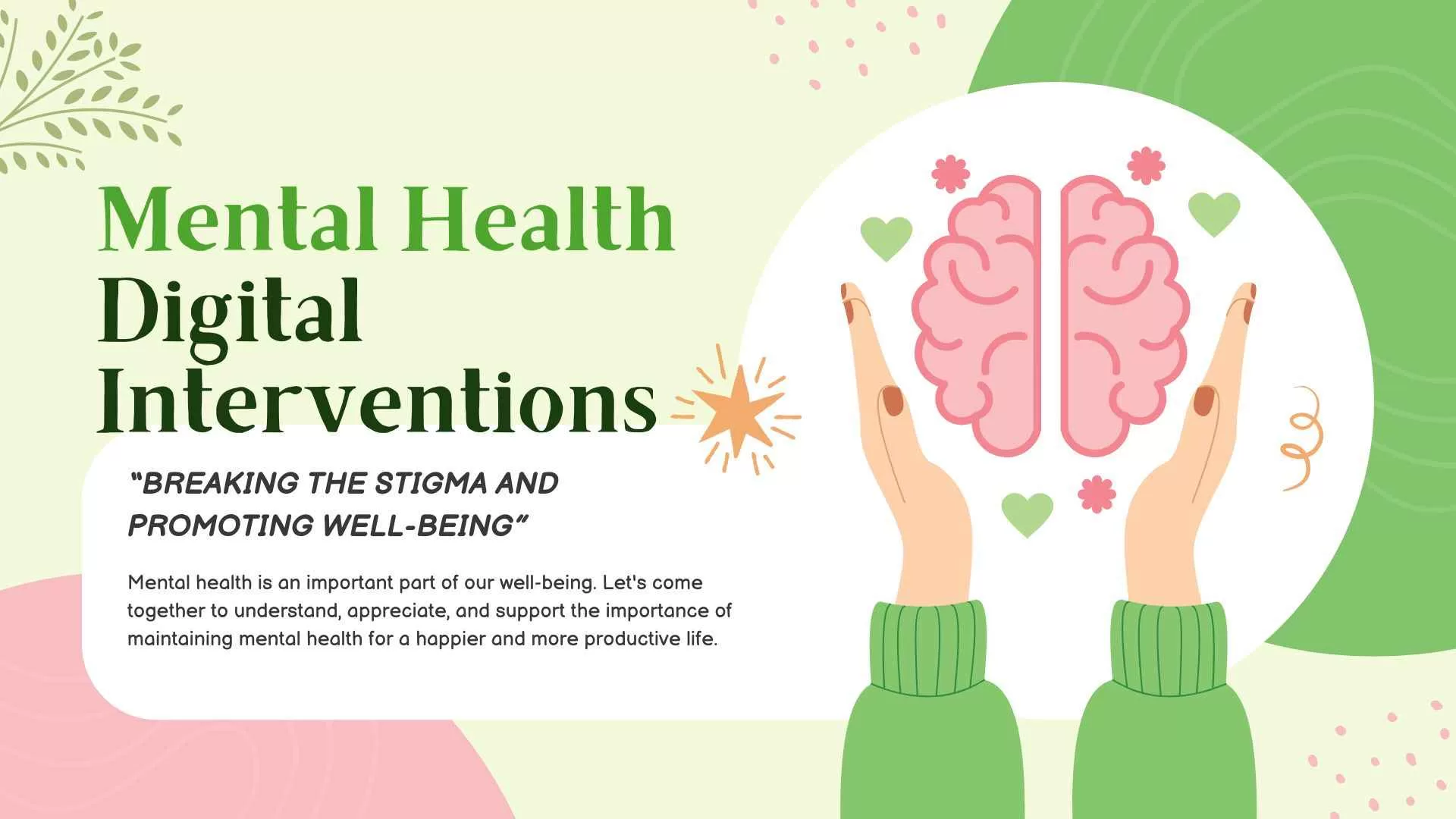University life in the UK has been shown as a time of freedom and exploration, late-night study sessions, lively societies, and new friends. But underneath that energy lies something that many students struggle with: stress, loneliness, and the weight of expectations. As the tuition fees surge along with the academic pressure, uncertainty about the future increases, so too does the prevalence of anxiety, burnout, and depression among students.
Luckily, we live in a world where mental health support is easier to access than ever. Mental health apps for UK students and other digital advancements are reshaping the way students access care. These tools don’t replace traditional therapy, but they do fulfill an important gap, offering support that’s affordable, flexible, and available at any time of the day.
The Rise of Digital Mental Health Support
Institutions all across the UK are starting to realize that wellbeing must be placed at the heart of education. Counselling centres remain important, but demand outweighs the supply. That’s where technology steps in. Digital intervention university wellbeing initiative, from mindfulness apps to online CBT programmes, lets students manage such stress and monitor their emotions independently.
These apps are more than just convenience tools. They create a sense of agency, students can select when and how to seek help, which means meditating for ten minutes before an exam, recording unhinged thoughts between lectures, or chatting with a random community member after midnight. Accessibility, mobility, affordability, and anonymity make the digital support well-suited to student life.
Why These Tools Work
The major effectiveness of student mental health tech UK isn’t only for putting work at ease; the best digital platforms are made upon evidence-based techniques drawn from psychology and therapy.
- Cognitive Behavioural Therapy (CBT): Applications like MindShift CBT and SilverCloud teach users how they can surf through negative thinking and identify unhelpful patterns, which are the core elements of CBT.
- Mindfulness and Meditation: Platforms such as Headspace and Calm use guided meditations and breathing exercises to help calm down your nervous system, which is always in survival mode. Improving the overall concentration.
- Mood Tracking: By monitoring how they feel with time, students can identify patterns that might fly under the radar.
- Community Support: Tools like Togetherall create a safe space for students to easily connect with others while experiencing similar issues, focusing more on empathy and reducing isolation.
1. Headspace
Mindfulness for Modern Students
Kicking off the list with Headspace, one of the most well-known names in the mental health space, Headspace offers guided meditations, sleep sounds, and even short mindfulness exercises that are made for busy people. The majority of the universities in the UK have collaborated with the app, facilitating free or discounted memberships for students. What makes it highly effective is the flexibility it has; you don’t need to dedicate hours to it, simply two minutes of focused breathing before a lecture can make a difference.
2. Calm
for Sleep, Focus, and Emotional Balance.
Struggling for sleep? Calm takes a slightly broader approach, focusing not just on mindfulness but on rest and emotional regulation. This app involves some soothing sounds, sleep stories, and breathing exercises. It’s especially helpful for students who often find it difficult to switch off after long study hours. Its pre-installed library includes themed sessions for anxiety, exam pressure, and self-confidence, which is ideal for navigating life’s ups and downs.
3. MindShift CBT
Reframing Anxious Thinking
Designed by mental health professionals, MindShift CBT is a free app that translates principles of Cognitive Behavioural Therapy into simple and interactive tools. It helps students to reconnect with negative thought patterns while offering strategies to manage panic, perfectionism, and social anxiety. For students who are burdened by academic pressure or self-doubt, this is the go-to place providing practical exercises that are grounded in psychological research.
4. Calm Harm
Managing Emotional Distress.
Not every student’s experience fits in line with stress or anxiety categories. Some of them deal with deeper emotional trauma or stress, which urges them to do self-harm. Calm Harm was made by clinicians at the UK’s National Health Service (NHS) to provide safe, immediate coping techniques. It guides users through short exercises that are made to distract you from ongoing irritation, provide comfort, and express emotions in healthier ways. It’s a discreet and potentially life-saving app for students who might not yet feel ready to reach out for professional help.
5. Togetherall
Building a Community of Support.
Self-isolation is one of the most overlooked challenges in university life. Togetherall addresses this by creating an anonymous online community that is hosted by mental health experts. Students can feel free to share their feelings, seek therapy, and support others going through a similar challenge.
6. SilverCloud
Structured Online CBT Programmes
SilverCloud is another platform that is affiliated with the NHS and adopted by several UK universities. Unlike any other instant meditation apps, SilverCloud delivers a complete CBT-based programme on topics like anxiety, depression, and resilience. Students find their way to work through the framework at their own speed, often with the option of remote assistance from a leading therapist. It’s an amazing opportunity that bridges between self-help and formal therapy, giving maximum flexibility without compromising clinical quality.
Beyond the App: Making Mental Health a Daily Practice
Apps like we mentioned above can offer immense value, but they work truly best when they’re combined with other forms of care and practices that support mental wellbeing. Try to make a simple routine at first: perhaps a five-minute reflection at night, or a brief mindfulness session every morning before you check your phone. Embrace these practices with enough sleep, regular exercise, and make strong and meaningful connections with people who will lift you up.
Remember: Digital tools are a complement, not a permanent solution. So if you notice your mental state worsening, it’s important to speak with your university’s mental health department, GP, or a licensed therapist. Technology is the most dominant and powerful when it’s paired with human connection.
The Future of Student Wellbeing in the Digital Age.
There is a true crisis in mental health in higher education, but there is also a true opportunity for innovation. The development of mental health apps for UK students is rapidly evolving into an accessible, personalized, and non-judgmental support structure. Whether it’s daily mindfulness, structured CBT, or a connectable experience with a trusted mental health app, students have the tools to manage their emotional wellbeing in their own time and on their own terms.
Other informative guide:
Top EdTech Tools for Collaborative Learning
FAQS
Are mental health apps a substitute for counseling or therapy?
No, mental health apps can assist your mental health journey, but they don’t substitute for professional therapy, they are most beneficial alongside practices such as counseling or NHS services.
Can I access premium mental health apps for free as a university student in the UK?
Many UK universities will have arrangements to provide free access or discounts for students to apps like Headspace, Calm, Togetherall, and SilverCloud through their wellbeing services.
How can I tell if a mental health app is safe?
It is a good practice to check that the app has been endorsed by the NHS or is partnered with a university, and to read the privacy policy and guidelines published on the app before deciding to download it or share personal data.
How can I tell if a mental health app is safe?
It is a good practice to check that the app has been endorsed by the NHS or is partnered with a university, and to read the privacy policy and guidelines published on the app before deciding to download it or share personal data.
Are apps useful to help manage exam or deadlines stress?
Can I use mental health apps without identifying myself?
What if an app is not helping my mental health?
If symptoms persist or you want to work with a mentor, it is important to speak to your university wellbeing team, your GP, or a qualified therapist who can provide professional support.



